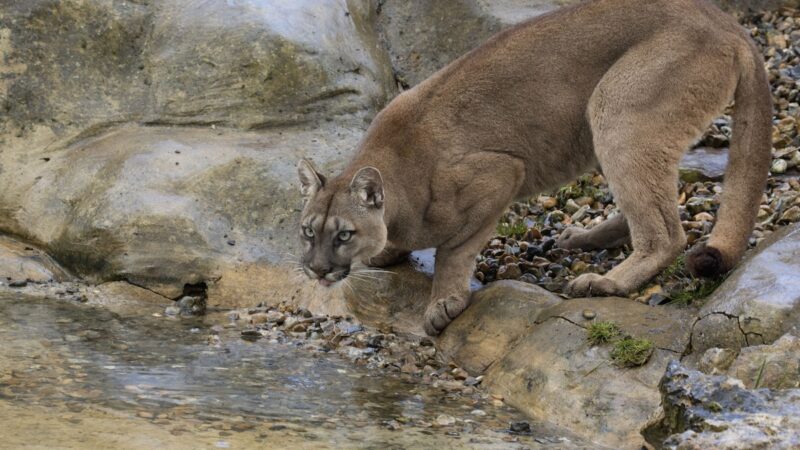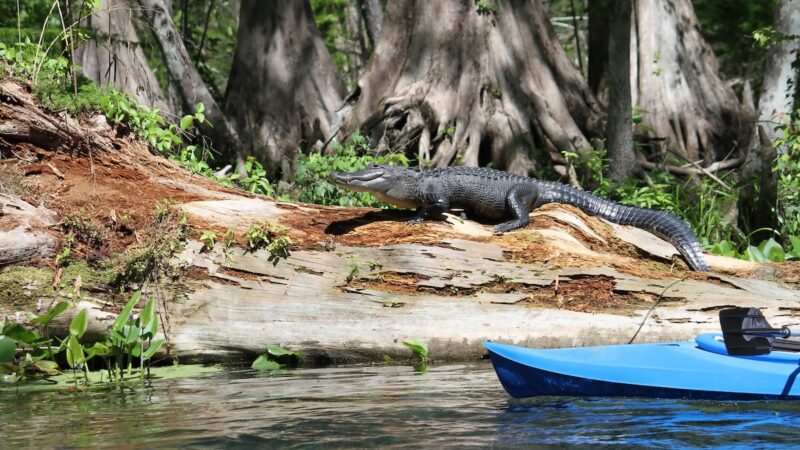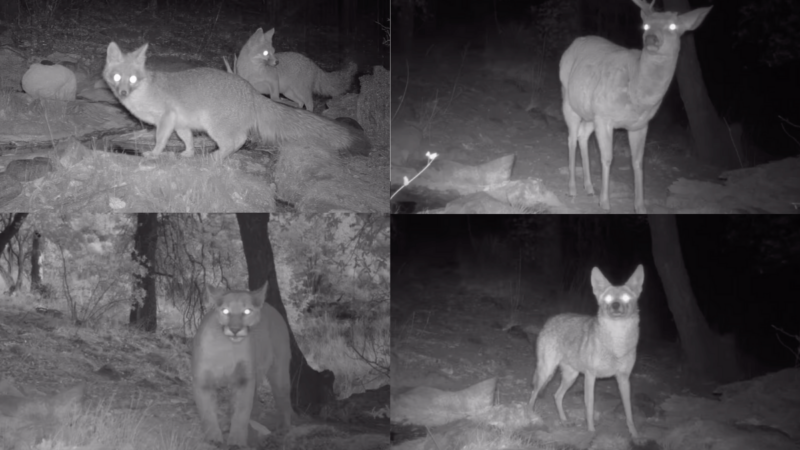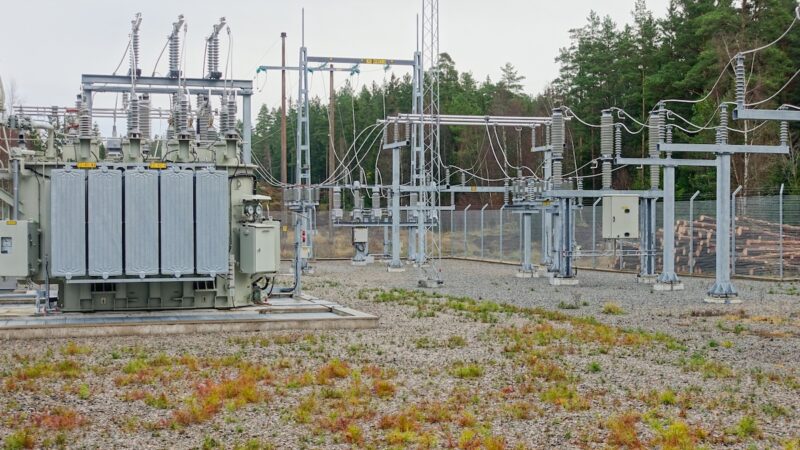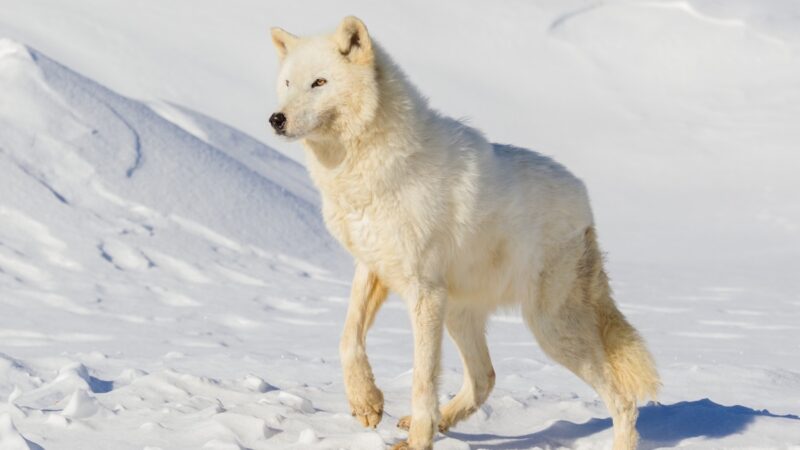How Can You Minimize Your Impact on Local Wildlife While Camping?
When you go camping, you’re setting up temporarily in other animals’ living spaces. Even if you don’t see them, they’re there. While it’s certainly possible to coexist peacefully and respectfully with wildlife while camping, it is important to remember that your presence inevitably impacts local wildlife, and whether that impact is neutral or negative is largely up to you.
Here are eight tips on how to not disturb wildlife while camping.
Set up in an established campsite
We realize this one could be controversial, because sometimes you just want to park it and pitch it. Boondocking, dispersed camping, or primitive camping—whatever you call it—is sometimes the best option, or maybe even the only option if you can’t get a reservation in an established campground, but using existing campsites rather than creating new ones is the best strategy to avoid disturbing wildlife and their habitats.
Don’t be noisy neighbors
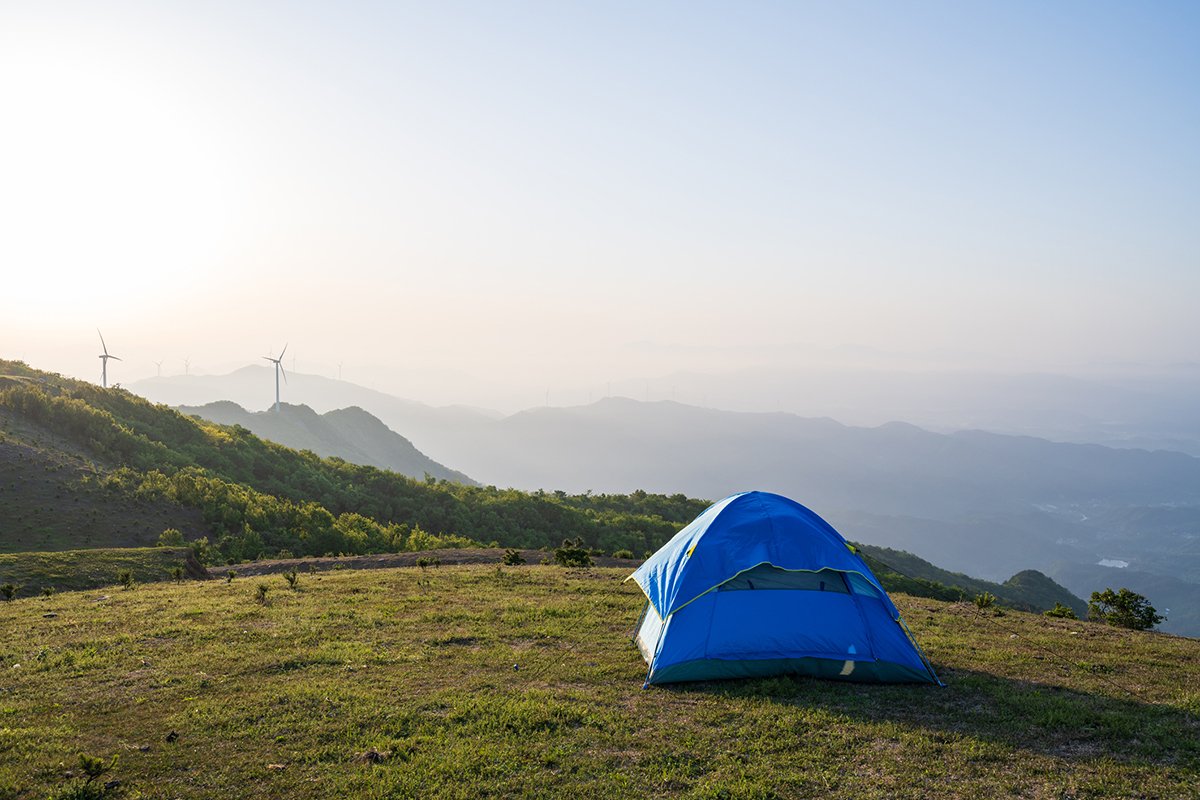
Your human and non-human camping neighbors alike will thank you for keeping your noise levels down at reasonable levels, especially at dawn and dusk. You wouldn’t go to your grandma’s house and start making a ruckus, after all. Since loud noises can stress animals out, consider giving the local wildlife near your campsite the same respect as Grandma.
Stay back (seriously, though)
Don’t be the bison selfie lady. Wild animals can be unpredictable, so it’s best for both you and the animals if you keep a safe distance when observing wildlife in and around your campsite. If you enjoy photographing or simply watching animals while camping, bring along some binoculars or a camera with a zoom lens.
Don’t feed the bears—or any animal
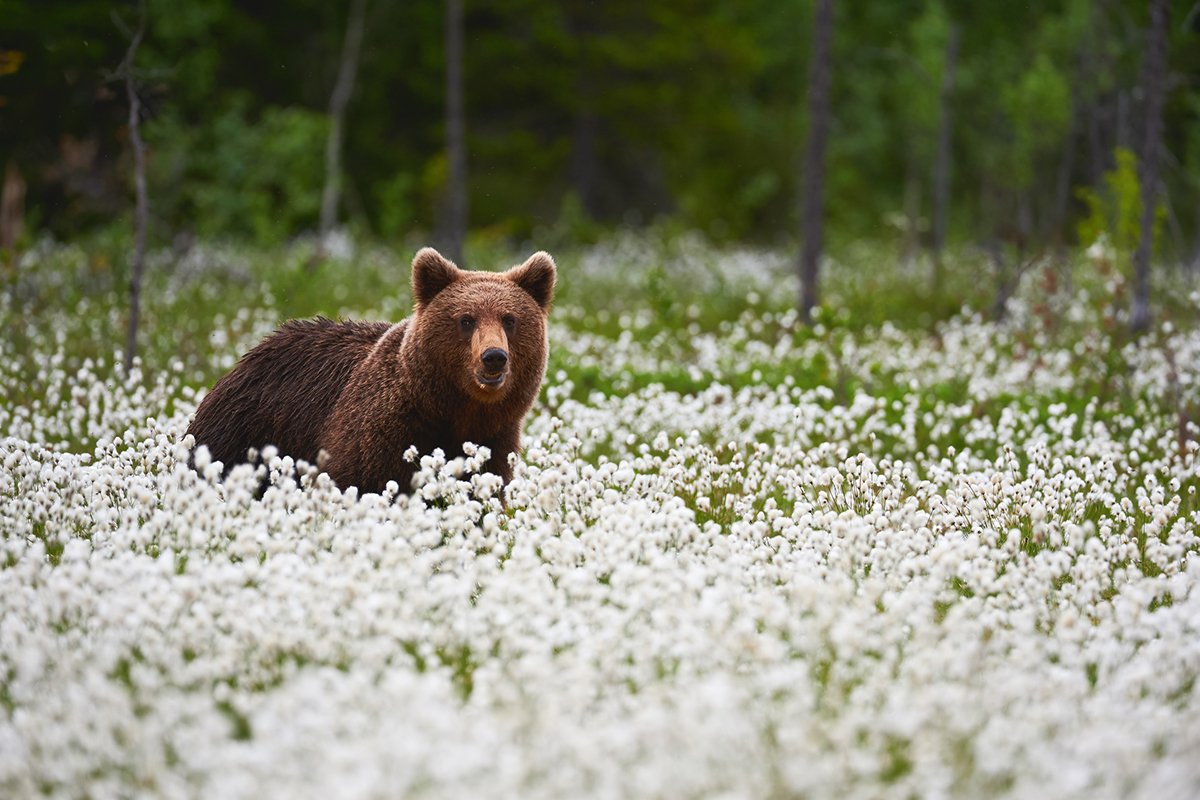
While it may seem like you’re doing them a favor by giving curious animals some food, the local wildlife around your campsite is well adapted to finding food on their own. Feeding wildlife can alter their natural behaviors, encourage dependency on human food, expose them to health risks, or even create aggressive behaviors that could pose trouble for future campers in the area.
Store food properly
While camping, store your food so animals can’t get into it—for instance, by keeping it in your locked vehicle or hanging it from a tree. This benefits you and the animals. If you’re in bear country, take extra precaution by securing food in bear-resistant containers. This prevents animals from being attracted to your campsite and becoming dependent on human food.
Leave no trace
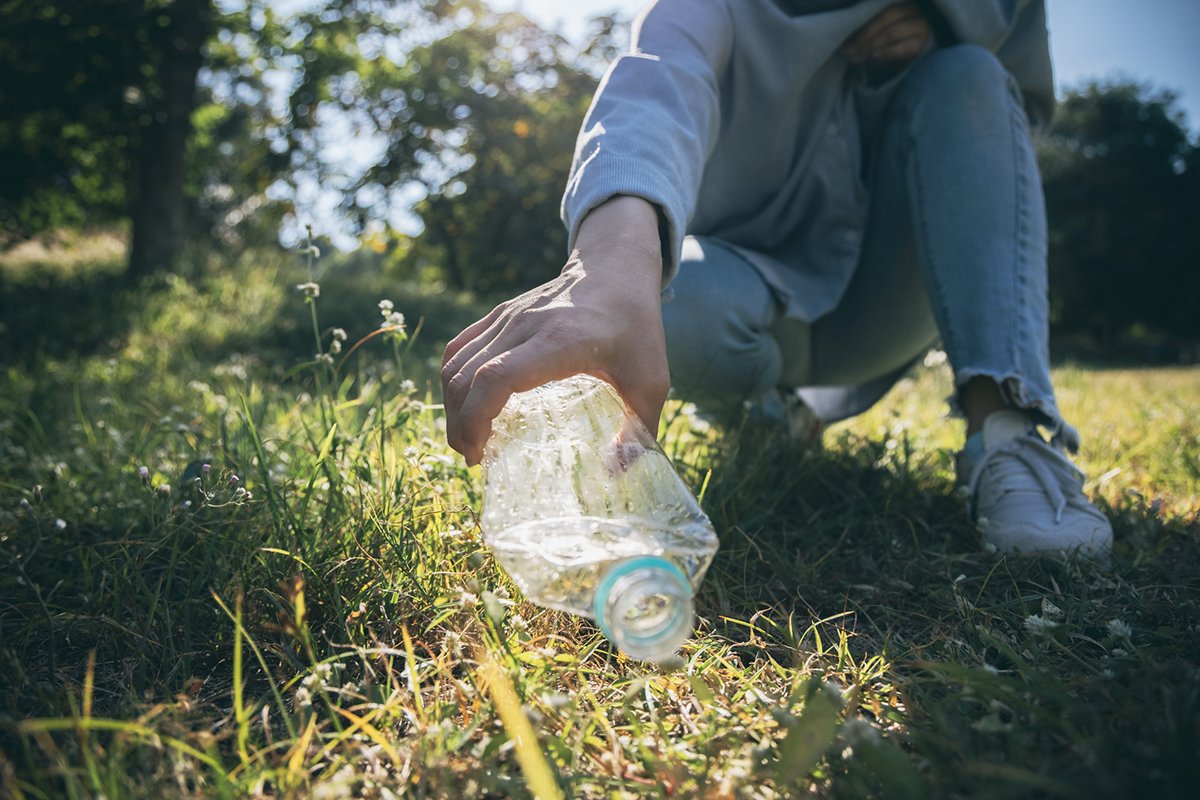
Follow leave-no-trace principles by packing out all your trash and belongings. Strive to leave the area in better condition than you found it to minimize the impact your stay will have on the local ecosystem long after you’ve gone.
Choose biodegradable soap
Whether you’re washing dishes, clothes, or your body, it’s best to use a biodegradable soap that won’t contaminate nearby water sources. Wildlife in the area may also be sensitive to the chemicals found in traditional soaps and detergents.
Stay on the trail while hiking
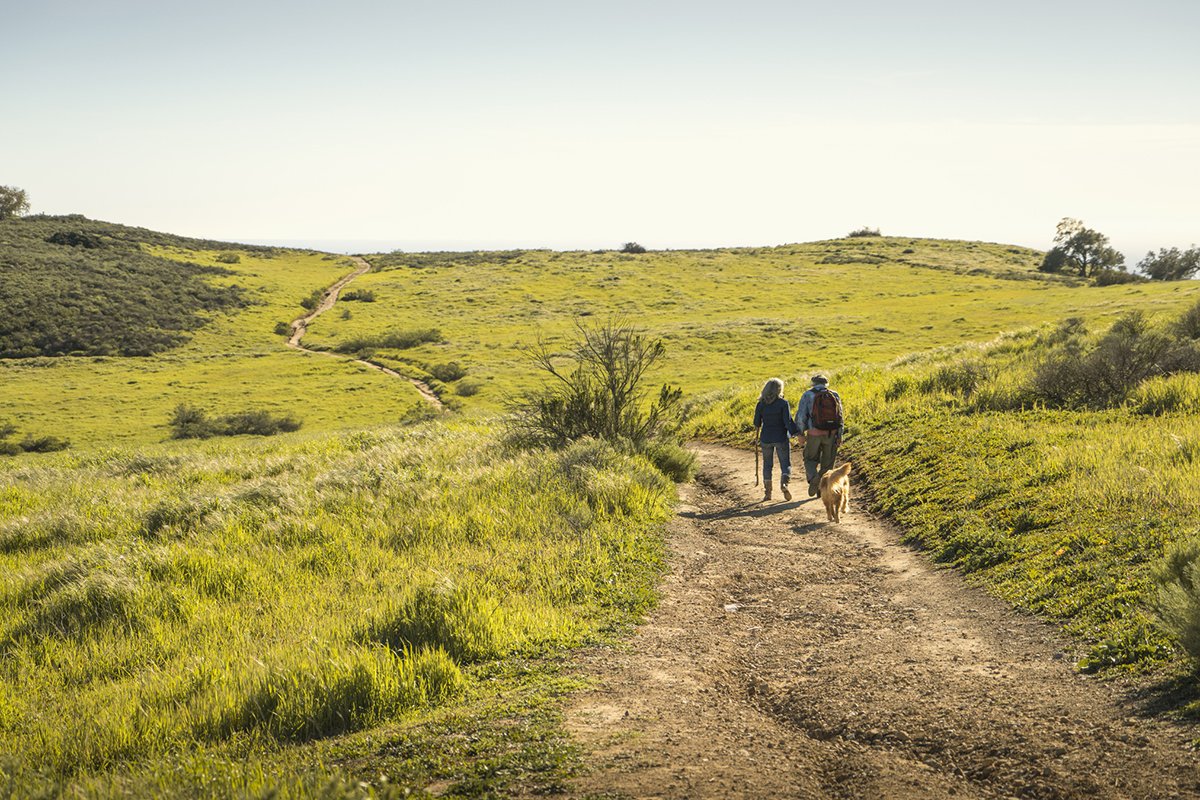
While hiking near your campsite, stick to established hiking trails, when possible, to avoid disturbing wildlife habitats. Trampling on vegetation might just be trampling on vegetation—or it might be destroying a fragile ecosystem. The point is, you really don’t know, so why risk it?
With a little bit of planning and common sense, you can minimize your impact on local wildlife while camping. Wildlife enriches outdoor experiences, and the goal is to make sure that is true for generations to come.
Source: https://outdoors.com/minimize-your-impact-on-local-wildlife-camping/

